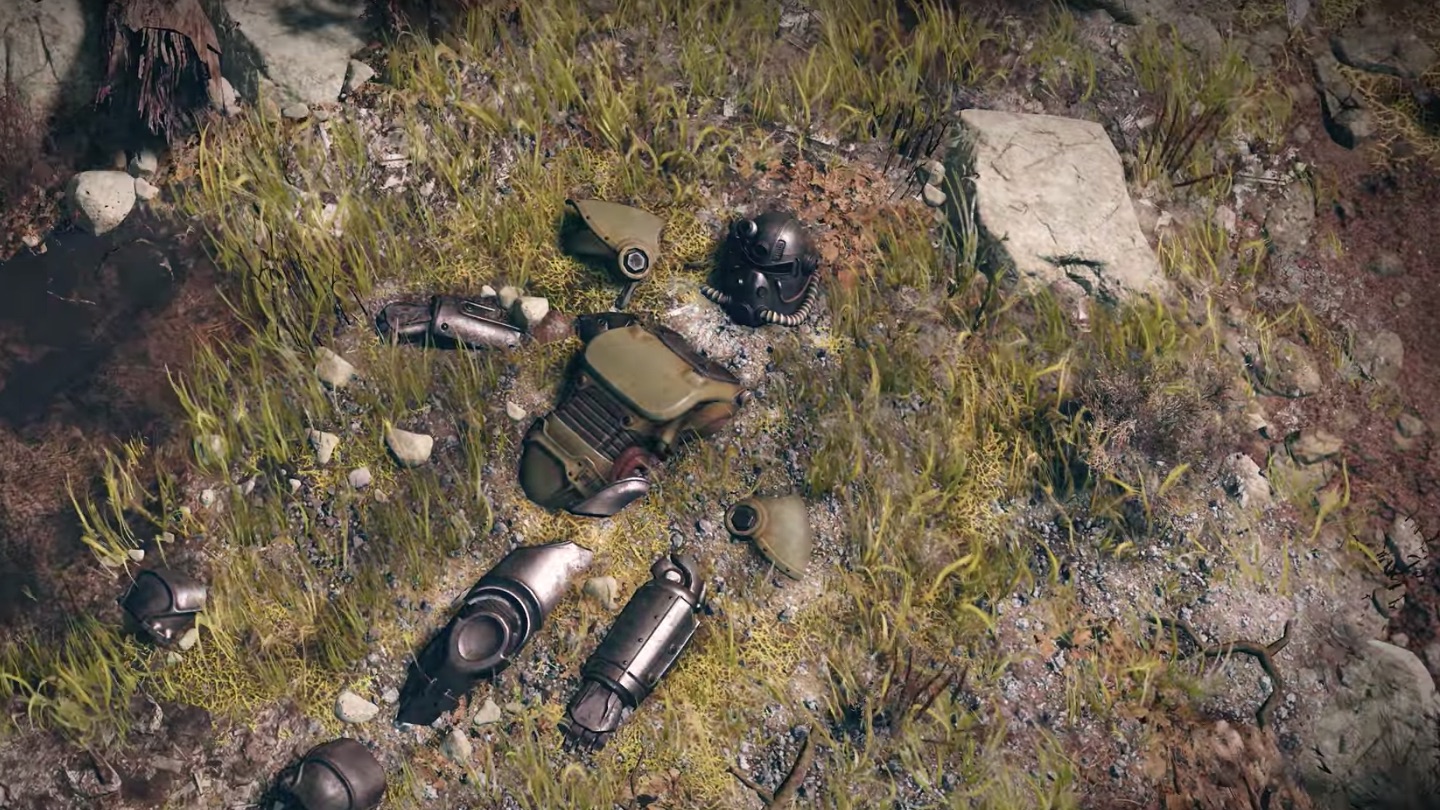Fallout 76 system requirements won’t send your PC running for cover
Although they are somewhat more demanding than Fallout 4

Bethesda has revealed the PC system requirements for Fallout 76, and predictably enough, it’s not overly demanding on the spec front.
It’s built on the same engine as Fallout 4 (which was released three years ago now), although the engine has (again) been substantially modified and improved, Bethesda has gone to pains to point out recently.
So the system requirements do ask a little more than Fallout 4, with the minimum spec stipulating that the processor should be an Intel Core i5-6600K (3.5GHz) or AMD Ryzen 3 1300X (3.5GHz) or better. As for the graphics card, you’ll need to be running an Nvidia GeForce GTX 780 (3GB) or AMD Radeon R9 285 (2GB) or equivalent.
Fallout 76 needs a minimum of 8GB system memory and 60GB of storage space. You’ll need a 64-bit CPU and OS, with the game working on Windows 7, 8 and 10.
Recommended rig
Looking at the recommended requirements for the game, that beefs up the necessary CPU to an Intel Core i7-4790 (3.6GHz), or AMD Ryzen 5 1500X (3.5GHz).
And for the graphics card, you’ll want to be running an Nvidia GeForce GTX 970 (4GB) or AMD Radeon R9 290X (4GB). The other requirements remain the same as with the minimum spec.
So now you know what sort of PC you’ll need to be able to enjoy the landscape and visuals of post-apocalyptic West Virginia, which includes real locations such as the Woodburn Circle and New River Gorge Bridge.
Sign up for breaking news, reviews, opinion, top tech deals, and more.
Fallout 76 is currently in beta on the Xbox One, with the PC and PS4 betas to follow next week, ahead of a November 14 launch date. We also recently found out that it won’t support cross-platform play.
- Maybe you’ll play Fallout 76 on one of our best gaming PCs
Via PC Gamer
Darren is a freelancer writing news and features for TechRadar (and occasionally T3) across a broad range of computing topics including CPUs, GPUs, various other hardware, VPNs, antivirus and more. He has written about tech for the best part of three decades, and writes books in his spare time (his debut novel - 'I Know What You Did Last Supper' - was published by Hachette UK in 2013).